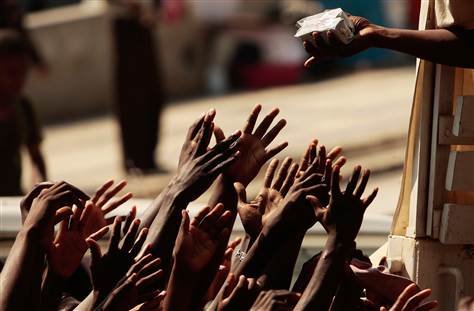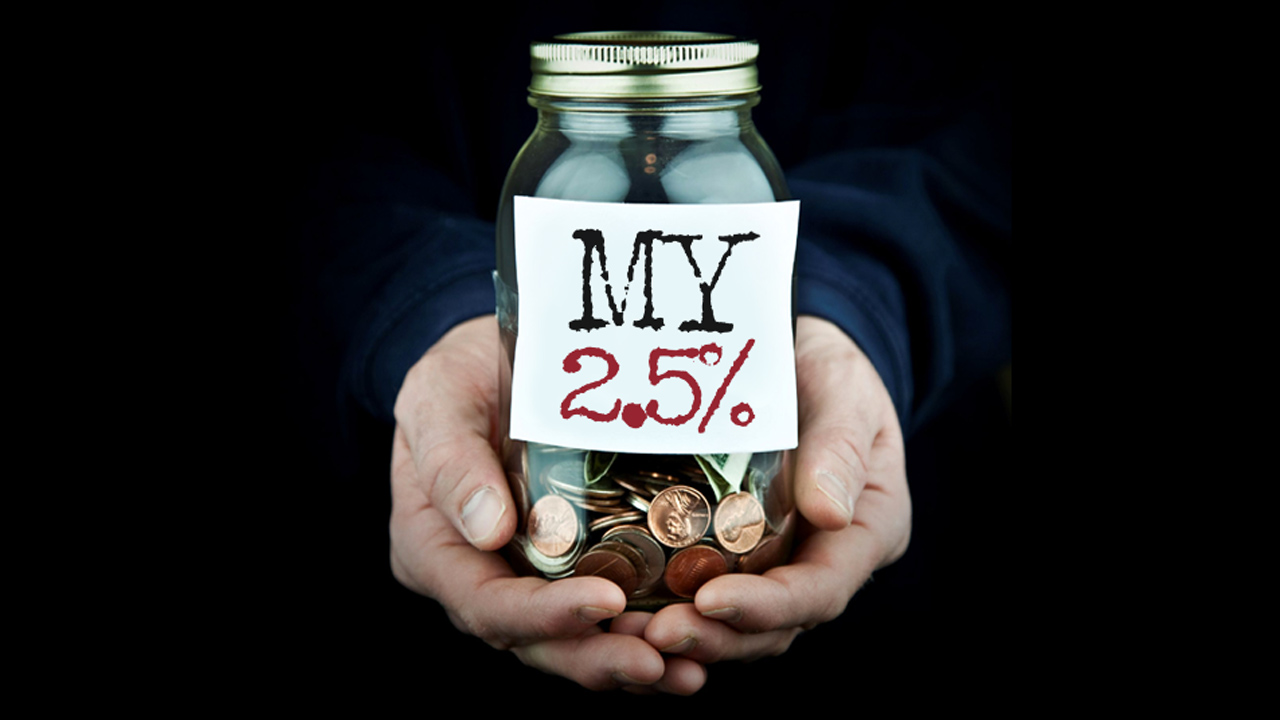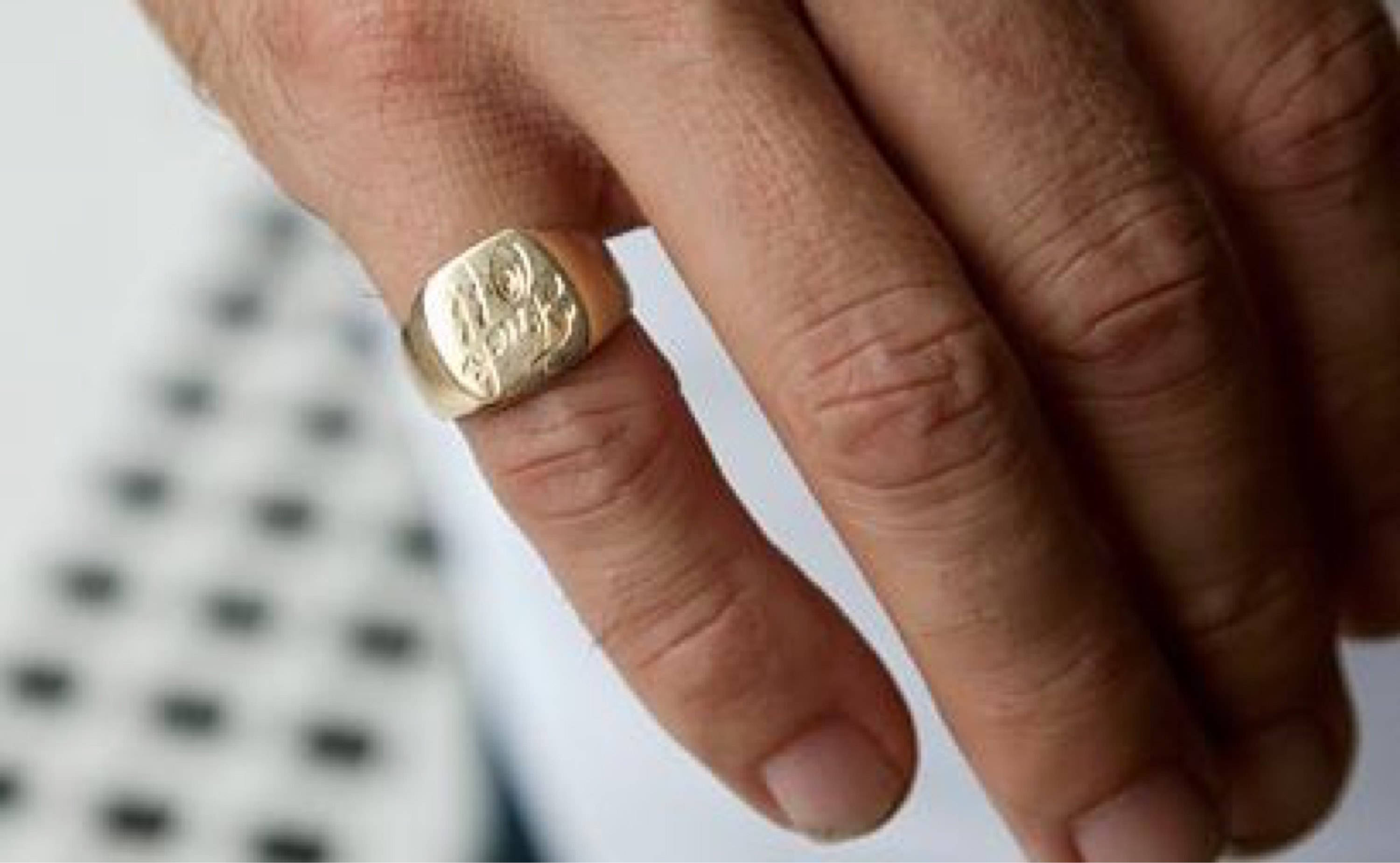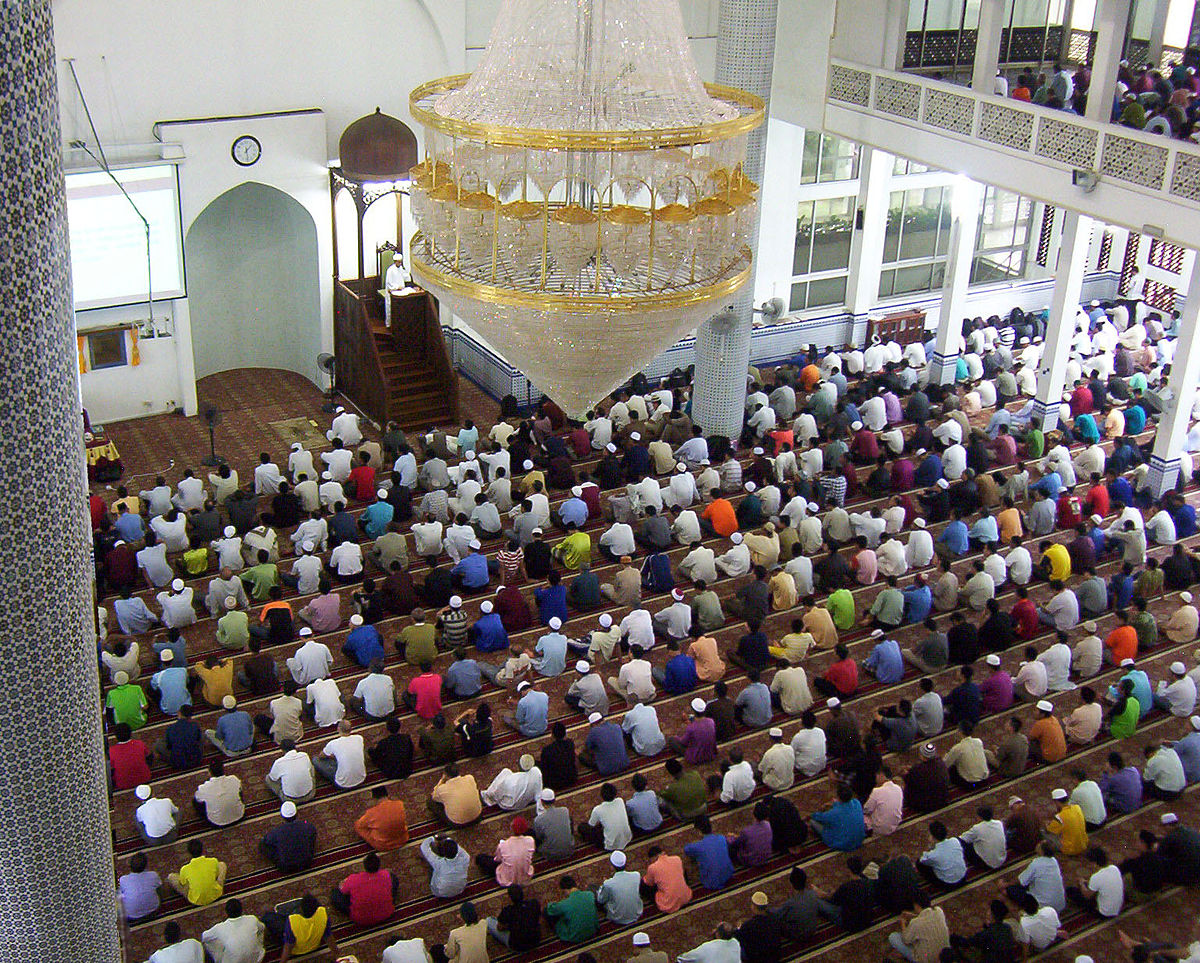QUESTION:
What do the scholars of the Dīn and muftīs of the Sacred Law state regarding the following issue: If the earnings of someone are completely impermissible, and he spends some of it on making a mosque or digging a well [i.e. providing a water supply], then will this be accepted and will such person receive reward?
Questioner: Muhammad from Birmingham, UK
ANSWER:
بسم اللہ الرحمن الرحیم
الجواب بعون الملک الوھاب اللھم ھدایۃ الحق والصواب
Unlawful wealth is absolutely not accepted in the Majestic Court of Allāh Almighty and nor is there any reward for this; Allāh Almighty accepts only pure wealth. Just as Allāh Almighty states,
{یٰۤاَیُّہَا الَّذِیۡنَ اٰمَنُوۡۤا اَنۡفِقُوۡا مِنۡ طَیِّبٰتِ مَا کَسَبْتُمْ}
{O believers! Spend from your lawful earnings}
[Sūrah al-Baqarah, v 267]
He ﷻ has prohibited from spending that which is impure and filthy,
{وَلَا تَیَمَّمُوا الْخَبِیۡثَ مِنْہُ تُنۡفِقُوۡنَ}
{And do not intend in particular to give (in charity) from that which is defective}
[Sūrah al-Baqarah, v 267]
Also, the Messenger of Allāh ﷺ has clearly stated that Allāh Almighty accepts only pure wealth. Just as it is stated in Sahīh al-Bukhārī, Sahīh Muslim, Jāmi’ al-Tirmidhī, Sunan Nasā’ī & Sunan Ibn Mājah which is narrated by Sayyidunā Abū Hurayrah, may Allāh be pleased with him, that,
” مَنْ تَصَدَّقَ بِعَدْلِ تَمْرَةٍ مِنْ كَسْبٍ طَيِّبٍ، وَلاَ يَقْبَلُ اللَّهُ إِلَّا الطَّيِّبَ، وَإِنَّ اللَّهَ يَتَقَبَّلُهَا بِيَمِينِهِ”
“If one gives in charity what equals one date-fruit from honestly earned money – and Allāh Almighty accepts only honestly earned money – Allāh Almighty takes it in His Divine Right Hand of Power.”
[Sahīh al-Bukhārī, vol 1, pg 189, Hadīth no 1410]
Muhaddith Ibn Khuzaymah and Ibn Hibbān derived in their own Sahīhs and Imām Hākim narrated from Sayyidunā Abū Hujayrah, may Allāh be pleased with him, in the form of Idrāj [mudraj][1] that he said that the Noble Prophet ﷺ states that,
“وَمَنْ جَمَعَ مَالًا حَرَامًا، ثُمَّ تَصَدَّقَ بِهِ لَمْ يَكُنْ لَهُ فِيهِ أَجْرٌ، وَكَانَ إِصْرُهُ عَلَيْهِ”
“Whosoever gathers unlawful wealth and then donates it as charity, he will not receive any reward, but will face its consequences & sin.”
[al-Mustadrak li al-Hākim, vol 1, pg 390, Hadīth no 1440]
Sayyidī Āla Hazrat, Imām e Ahle Sunnat, Imām Ahmad Razā Khān, may Allāh Almighty shower countless mercies upon him, states in an answer to a similar question to this that on no account is harām wealth worthy of being accepted, nor is it right to spend it in the path of the Lord Almighty, nor is there any reward for it; rather utter misfortune.
He further goes on to state that and that which scholars say regarding whosoever possesses harām wealth (for example he has stolen money from someone) but does not remain aware of the owner, or he passes away without any inheritors, then they are to donate it as charity on their behalf – the meaning of this is not that this charity is accepted, or that spending it will be considered in terms of their intention only from their own selves, or will attain reward for spending it in the way of Allāh. Rather, the reason is that when spending it is unlawful and it cannot be passed on to the owner, there is no other alternative; one is to give it with his intention to a faqīr [poor person] – as it remains as a safeguard with Allāh Almighty, and on the Day of Judgement it will reach its owner.
It has been mentioned in Fatāwā Hindiyyah at the end of the miscellaneous matters of unlawful seizure, from [the word] الغایہ,
“عن الغایۃ رجل لہ خصم فمات ولاوارث لہ یتصدق عن صاحب الحق المیت بمقدار ذٰلک لیکون ودیعۃ عنداﷲ تعالٰی فیوصل الی خصمائہ یوم القیمۃ “
“Someone in opposition to another man passed away who had no inheritor; this person is to give that amount (of wealth which he has from the deceased) as charity so that this charitable wealth remains as protection in the Majestic Court of Allāh Almighty; on the Day of Judgement, Allāh Almighty will cause that wealth to reach all those who opposed this person.”
[Fatāwā Hindiyyah, vol 5, pg 157]
He further states that in fact the scholars state that whosoever hopes for reward for the wealth which such person donated, he becomes a disbeliever. It is mentioned in Khulāsah,
“رجل تصدق من الحرام ویرجوا الثواب یکفر”
“If someone donated some unlawful wealth, and he is hopeful of reward from it, then he has disbelieved.”
[Khulāsah al-Fatāwā, vol 4, pg 387]
It is mentioned in ‘Ālamgīrī that,
” لوتصدق علی فقیر شیئا من المال الحرام و یرجوا الثواب یکفر”
“If someone has donated some unlawful wealth to a faqīr [poor person] and is hopeful of reward, then he has disbelieved.”
[Fatāwā Hindiyyah, vol 2, ch 9, pg 272]
[Fatāwā Ridawiyyah, vol 21, pg 109-111]
[1] A particular classification of Hadīth
واللہ تعالی اعلم ورسولہ اعلم صلی اللہ علیہ وآلہ وسلم
کتبہ ابو الحسن محمد قاسم ضیاء قادری
Answered by Mufti Qasim Zia al-Qadri
Translated by Haider Ali
Read the original Urdu answer here: [Q-ID0603] Can haram wealth be used on noble causes like building a Mosque or digging a Well?



























































